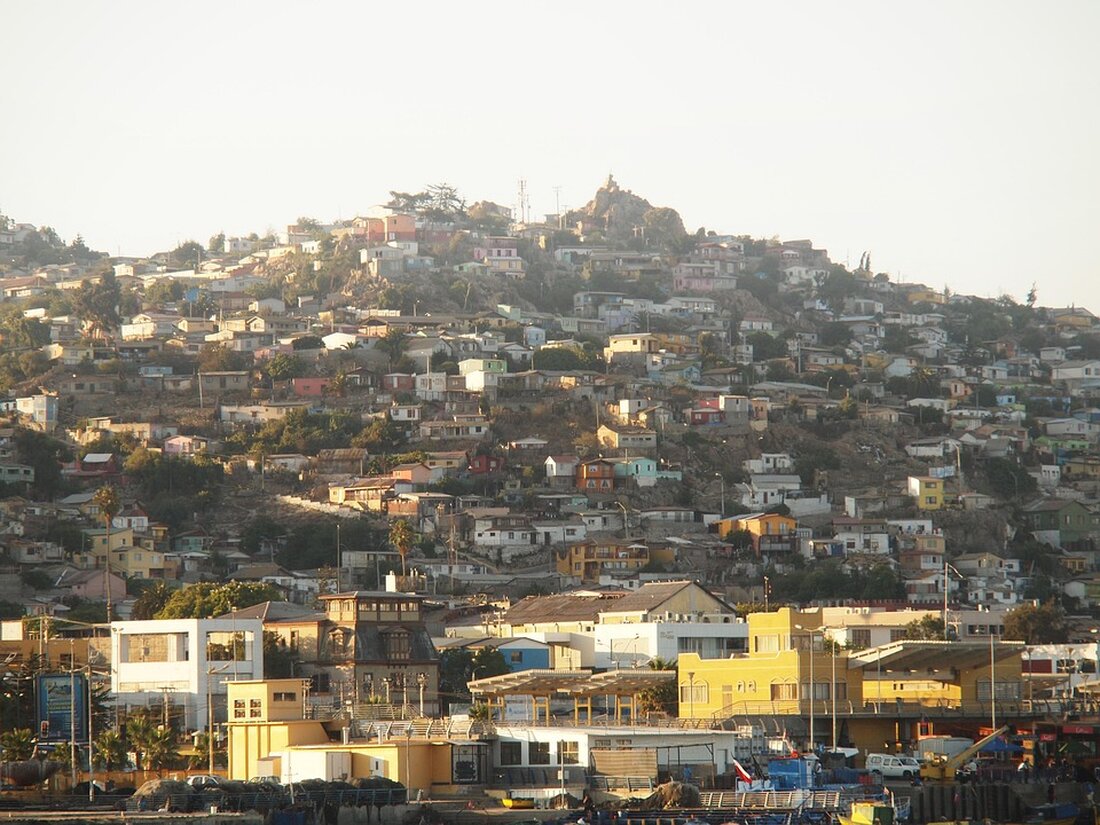Overcrowded beaches and city trips: overtourism threatens holiday destinations!
Discover how the Overtourism Index 2025 rates popular travel destinations and which regions suffer from mass tourism.

Overcrowded beaches and city trips: overtourism threatens holiday destinations!
Mass tourism is increasingly becoming a pressing problem for popular holiday destinations worldwide. In particular, residents in destinations such as the Canary Islands are increasingly campaigning for a new tourism model and are demonstrating against the overload of tourists. According to the Overtourism Index, a joint development by Evaneos and Roland Berger, the threat to travel destinations can be measured objectively. The index rates 70 of the 100 most sought-after travel destinations worldwide on a scale from 1 (low risk) to 5 (extreme risk) and is based on criteria such as the number of travelers per capita and the sustainable development of the region. HNA reports that…
Particularly at risk are beach destinations such as Cyprus, Mauritius, Greece and Croatia, where around 25 percent of gross domestic product (GDP) depends on tourism. Similar trends can be seen in Europe, with countries such as Spain, Italy, Portugal and France particularly affected: here, up to 43 percent of arrivals are concentrated in the summer months. Urban destinations such as Copenhagen, Amsterdam and Dublin are also struggling with the downsides of overtourism, resulting in increasing regulations to reduce the impact on locals and the environment.
Consequences and measures against overtourism
The challenges of mass tourism are complex. Experts suggest various measures to reduce overtourism. This includes introducing capacity limits, shifting tourist flows to the low season and comprehensively informing holidaymakers about sustainable travel practices. The overtourism index illustrates the situation in different countries. For example, Greece has an index value of 4.2, which is why Evaneos will no longer offer trips to Mykonos and Santorini in high season from summer 2025. This is probably a reaction to the worsening situation in many popular holiday resorts.
The global boom in tourism not only has positive economic effects, but also serious negative impacts, both on the local population and on the environment. International air traffic in Europe was recently at almost 80 percent capacity, which is causing CO₂ emissions to rise significantly. The cruise industry also contributes to the strain on the environment, and many overcrowded destinations, such as Venice and Barcelona, have already begun to regulate tourism. These regulations include, among other things, limits on travel group sizes and strict requirements for holiday accommodation.
Public perception and economic aspects
Despite the challenges, many locals embrace the positive aspects of tourism. In Mecklenburg-Western Pomerania, a popular travel destination in Germany, around 75 percent of residents see positive economic impacts from tourism, even if there are often problems with traffic volumes. Overall, 70 percent of those surveyed reported a positive image given to their region by tourism. Factors such as job creation, cultural preservation and infrastructure development are undeniable benefits of tourism. Statista adds that...
The discussion about mass tourism is more than a simple look at numbers and statistics; it affects the quality of life and sustainability in the affected regions. Given these challenges, both travelers and destinations must find new ways to recognize and maintain the balance between economic benefits and the needs of local communities.

 Suche
Suche
 Mein Konto
Mein Konto